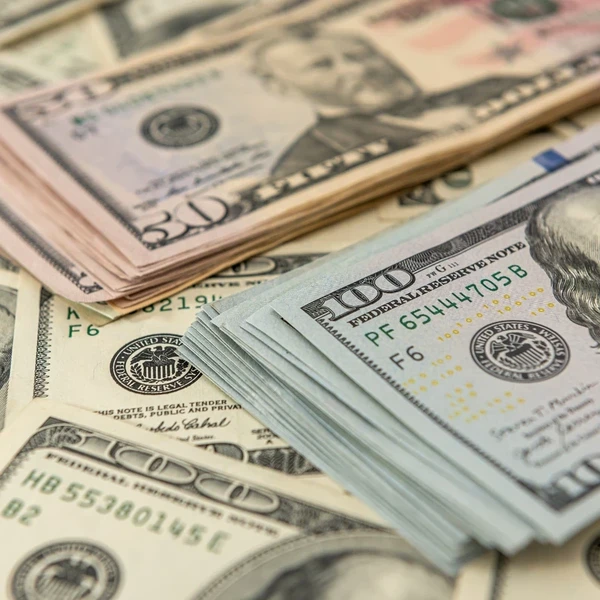PSX eyes record highs as new fiscal year begins
Strong valuations and policy stability boost investor sentiment amid hopes for easing inflation and interest rates

Haris Zamir
Business Editor
Experience of almost 33 years where started the journey of financial journalism from Business Recorder in 1992. From 2006 onwards attached with Television Media worked at Sun Tv, Dawn Tv, Geo Tv and Dunya Tv. During the period also worked as a stringer for Bloomberg for seven years and Dow Jones for five years. Also wrote articles for several highly acclaimed periodicals like the Newsline, Pakistan Gulf Economist and Money Matters (The News publications)

The Pakistan Stock Exchange (PSX) is expected to sustain its positive momentum in the opening weeks of the new fiscal year, supported by improved geopolitical stability and investor focus shifting toward June inflation data, due to be announced Tuesday.
According to an analyst at Arif Habib Ltd., the beginning of FY26 has buoyed market sentiment, with investors optimistic about macroeconomic stability. Attractive valuations across key sectors are likely to continue drawing buying interest.
The KSE-100 index is currently trading at a forward price-to-earnings ratio (PER) of 6.4x for 2025, compared to its 10-year average of 8.0x, offering a compelling dividend yield of 8.4%, well above the historical average of approximately 6.5%.
The benchmark index surged by 4,355 points, or 3.6%, to close at a record high of 124,379 points during the week. The equity market opened under pressure early last week amid escalating tensions between Iran and Israel, which triggered caution across global financial markets. However, a ceasefire announced Tuesday prompted a sharp rebound, leading to the KSE-100’s second-largest single-day gain of 6,079 points.
Jibran Sarfraz, equity analyst, said the easing of geopolitical tensions and the upcoming corporate earnings season are expected to push the index toward new record highs. “Low interest rates and declining inflation are likely to improve company margins, strengthen profits, and further boost the market,” he noted.
Sarfraz also cited the de-escalation between Iran and Israel, improved relations between Pakistan and India, and a successful diplomatic push by Foreign Minister Bilawal Bhutto Zardari during recent visits to Western countries. “Pakistan’s image as a peace-loving nation has gained traction internationally, helping restore investor confidence,” he added.
He emphasized that the passage of the federal budget without major hurdles and the absence of any anti-investment measures have cleared the way for new capital inflows and renewed optimism. “Fresh liquidity will continue to lift sentiment in the coming weeks,” he said.
Lower oil prices
Salman Ahmad, head of retail investors at Aba Ali Habib Securities, echoed similar views, citing strong market fundamentals and several upcoming positive triggers. These include easing inflation, potential interest rate cuts, and declining global oil prices.
Just a week ago, Brent crude had touched a six-month high due to Iran-Israel tensions, stoking fears of oil hitting $100 a barrel, a scenario deemed disastrous for oil-importing economies like Pakistan. However, with tensions now subdued, crude prices have retreated, and there is speculation that sanctions on Iran could be lifted, potentially benefiting Pakistan significantly.
Ahmad added that the domestic political environment has stabilized, with the ruling party securing additional seats and now holding a two-thirds majority. This political strength is expected to allow the government to pass legislation more smoothly, further strengthening the broader macro environment.
Foreign investors, however, continued to sell during the week, recording net outflows of $11.78 million, compared to a net inflow of $0.46 million in the previous week. Average trading volumes stood at 736.3 million shares, down 10.4% from the prior week, while the average daily traded value rose by 40.8% to $110.4 million.
An analyst from Spectrum Securities noted that the market’s rebound from last week’s lows suggests continued upward momentum, driven by inflows from institutional investors and high-net-worth individuals. The KSE-100’s first resistance level is seen at the June 12 intraday high of 126,700. A breakout above this level could expose the market to the 132,000-point range, while support is currently placed near 120,600.
Globally, equity markets are monitoring developments ahead of the possible reimposition of U.S. tariffs, often referred to as the “Trump tariffs”, which are scheduled to return after the July 9 deadline following a 90-day suspension. Reports suggest the deadline may be extended as several countries engage in talks with the U.S. to negotiate revised trade deals.
Pakistan is among the countries currently negotiating a trade agreement with Washington. Analysts expect the government to finalize the deal in the coming days, which could prove beneficial for Pakistani exporters by improving market access and boosting external trade performance.










Comments
See what people are discussing